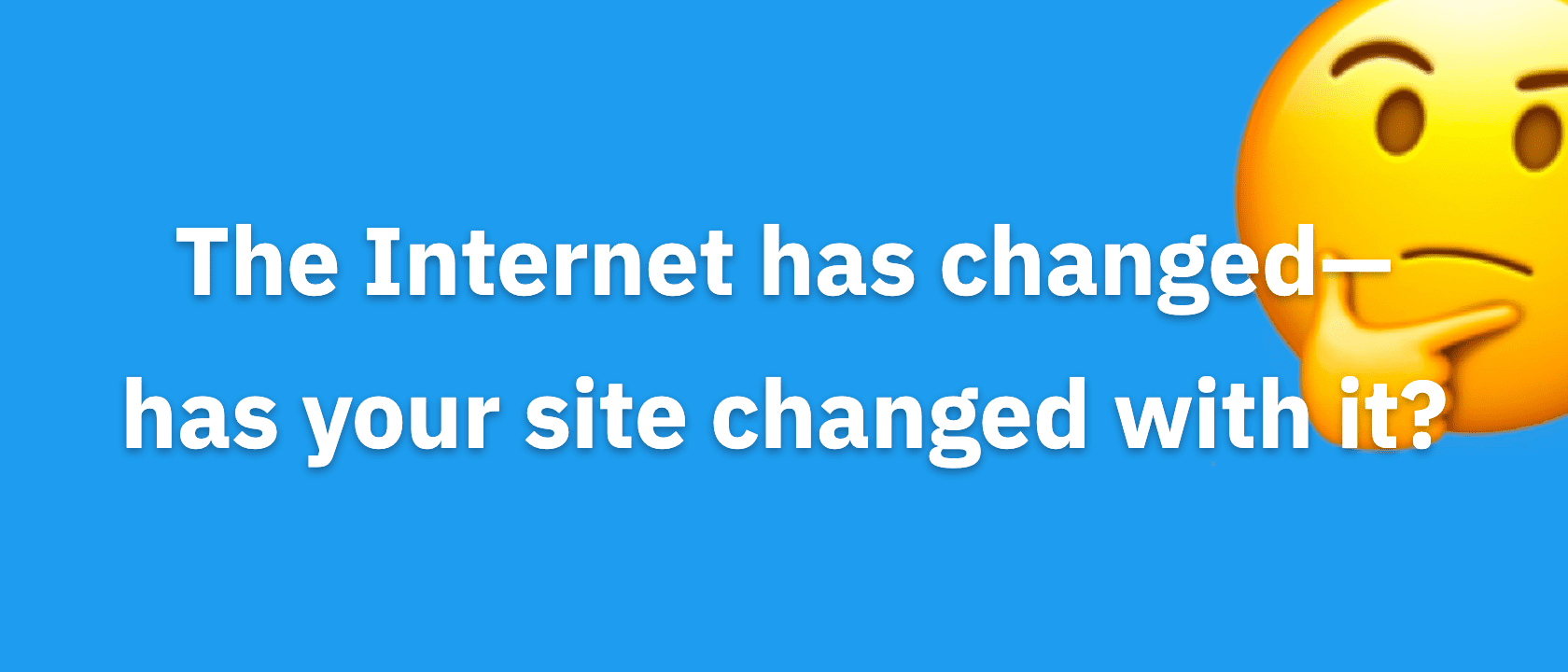 No matter what business you’re in, you will benefit greatly from studying your competition.
No matter what business you’re in, you will benefit greatly from studying your competition.
Just take a look at the world’s best—athletes, entrepreneurs, executives, and etc.—and you’ll see that they all make studying their competition part of their routine. Kobe Bryant watches videos of his opponents before games, and Sam Walton visited stores that competed with Walmart.
Why do the world’s best do this?
Because it works.
However, when analyzing your competition, you must know what to look for. It’s not about copying their ideas, it’s about figuring out their strategy and why they do the things they do.
Discover What Your Competitors Do and Why
When I say to learn from your competition, some people will no doubt just copy everything they do.
That’s not the answer. Think about Chess for a second. If black copies everything white does, black will always stay one move behind. The same applies to business. If you copy your competitors, you’re still one-step behind.
However, if you analyze each move your competition makes, and then understand why they made that move, you’ll prevent yourself from missing out on lucrative opportunities.
For example, I recently started experimenting with running live webinars. Where did I get that idea? Someone else in my niche was doing it, and was having great results.
So, I tried it out, and let me tell you, I’m glad that I did. I didn’t copy their webinar topic, but I copied their strategy, and in 9 days I gained 761 new email addresses, and then generated ~3,000 in revenue from those new emails.
Not bad, right?
Use What People Say About Your Competitors For Product Development
With the emergence of social media, it’s easy to see what people say about your competition.
When you analyze what those people say, you can find one of two things: 1) a thread of discontent and/or 2) a success story. When you look at each of those under a microscope, opportunities for new products and differentiation arise out of thin air.
Let’s take a look at each scenario.
A Thread of Discontent
If you see people complaining about the usability of a website or product, you can focus on making your user-experience perfect. If you see complaints about software installation, you can offer one-click installations. It’s that easy.
For example, nowadays people love to complain about blogs. One of the main complaints is that blogs are unoriginal and that they rarely back their claims up with verifiable data.
In most cases, the people who complain are “experts.” They know everything, and are frustrated with reading the same thing over and over again.
(Yes, I complain about that regularly, too).
What did I do about it?
When I launched Social Triggers, I made sure that each and every article had some data or research to back up what I said, and sure enough, the website started growing extremely fast.
Or let’s take a look at the DIYthemes blog, which is also growing fast (we’re almost at 17,000 RSS readers after a few short months).
When I write articles here, I share my experience with specific tactics or data from scientific research, and based on some of the feedback I’ve received, people love it.
More specifically, two of the most popular articles on this site have to do with specific results I received after a simple test. One was about conversion rates and one was about lead generation.
A Success Story
When you see what the competition does right, and then witness a live testimonial from a customer, you’re getting direct insight into what customers want. You can then cater to that.
For example, it’s no secret that Hello Bar exploded over the last few weeks. We use it and love it here, but Glenn Allsop from Viper Chill saw their success, and decided to release a similar product with different features. It’s called Viper Bar [edit: link removed], and while it’s similar to Hello Bar, it’s genius. Let me explain.
People went crazy for Hello Bar because it’s a great way to generate leads—we attracted 1,180 emails in 30 days with the Hello Bar.
Well, Glenn took it one step further, and created Viper Bar specifically for lead generation. Now, instead of including a link in your bar, you can include a sign-up form instead, and that supposedly helps conversion rates (I haven’t tested it yet).
Either way, hat tip to Glenn because Viper Bar is a perfect example of how you can take what your competition does, and improve it for exposure and in his case, free links :-D.
Bottom line?
The secret to success is simple. Find out what works and do something similar, but better. Find out what doesn’t work and avoid it.
